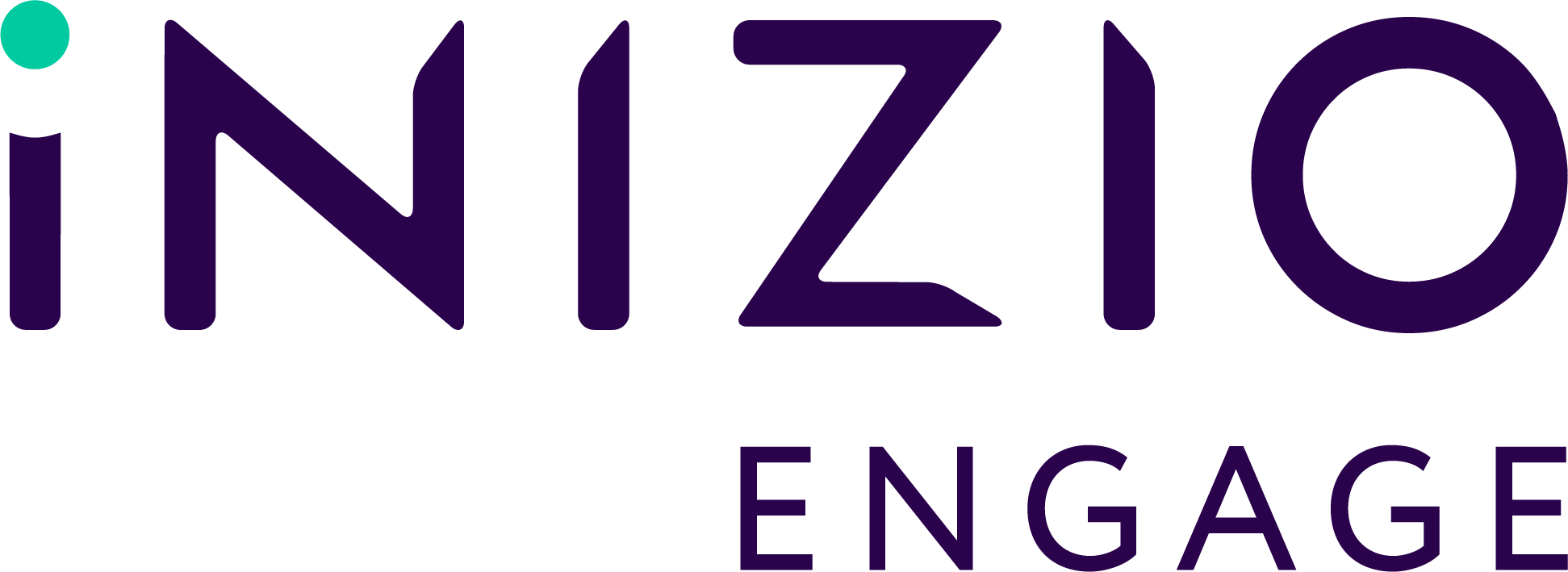The importance of human connections, why should omnichannel technology be synergistic?
Please note, this article contains references to Ashfield Engage which has now become Inizio Engage
Technologies still ultimately rely on people – those who use them and those who support the engineering and delivery of their value.
For Ashfield Engage, Clinical Educators provide the in-person or virtual support that enables the delivery of content through omnichannel technologies; without the insights from real interactions, the content and messages that funnel through Trak360™, our patient experience platform, would lack relevance and resonance.
Even in restricted conditions, Clinical Educators can provide the virtual engagement that supports patients with their therapy. When COVID-19 first created lockdown conditions across the US, Ashfield Engage was able to adapt quickly by leveraging Trak360™ alongside a surprising adoption rate of technologies among patients.
“We initially thought we might have resistance to a virtual support visit from some of our elderly patients, who have historically been reluctant to turn to digital resources. But what we discovered is, in fact, all populations were embracing social platforms for virtual interaction to remain connected, which has been further evidenced by the uptick in telehealth visits with physicians.” Nareda Mills, Global President of Patient Solutions
Human connections matter
A case in point is that of an elderly patient/care partner couple who were very concerned about their ability to navigate technology and successfully participate in a virtual training.
The Ashfield Engage Clinical Educator made a confirmation call to them the night before their training was to take place and eased their fears by guiding them through the process together. They were delighted when they saw each other on the screen and happily responded with “Well now, would you look at that? Amazing!”
So while technology can be automated to generate messaging and serve content more intelligently, the human experience behind a video call still engages patients. And the data that feeds back to the HCP fuels the sophistication and resonance across other channels.
Above all else, patients are asking to be listened to, treated with respect, and to have support that is personalised to their needs. That said, trust is a critical element to success when it comes to utilising omnichannel and the technologies therein.
Once trust is established through alternate channels of text/SMS, email, click-to-chat, etc., patients do prefer the human connection when it comes to their health. Research and advanced training for Clinical Educators provide the essential, human layer to the success of maintaining connections through new mediums. This includes the use of Motivational Interviewing techniques via chat and an overall capability to make traditionally non-personal, yet responsive, channels feel more personal and human.
Using technology to optimise
While human interactions will never be replaced by technology, the use of tools like Artificial Intelligence and Machine Learning help prioritize, optimize and create more personal interactions by informing how and when interactions occur. For example, in the case above, the Clinical Educator called ahead to walk through the process which was right for that scenario.
However, in other scenarios, perhaps with a younger, more technology-forward mindset, that advance engagement could have been done via a text or chat – still with a human behind the content, but connected through other channels. AI and Machine Learning (ML) help make our Clinical Educators smarter, providing them with hidden insights about concerns a patient may have based on how other similar patients might have reacted. This blending of computer-driven insights and human-centric engagement empowers all parties to engage in more meaningful interactions.

Next-generation patient engagement programmes
We’re a leading provider of field-based nurses, contact centre and omnichannel patient support services for the healthcare industry.
Our unique approach combines hands-on care, patient-centric technology and behavioural science.

Ver más información de Inizio Engage.
Jump to a slide with the slide dots.
 Holly Spencer
Holly Spencer
For 300 million people, Rare Disease Day is every day
300 million people live with rare diseases worldwide. Discover why better patient and clinician experience must sit alongside scientific innovation.
Leer más Amy Bennett
Amy Bennett
So… how do you write like a human?
Discover 5 principles of patient-centred medical writing and learn how to create authentic, empathetic cancer content that truly resonates with...
Leer más Colin Melville
Colin Melville
To make AI video look real, we have to make it look ‘less perfect’
Film director Colin Melville explores why AI video looks fake and how embracing imperfection, camera shake, and raw realism is key to making AI...
Leer más